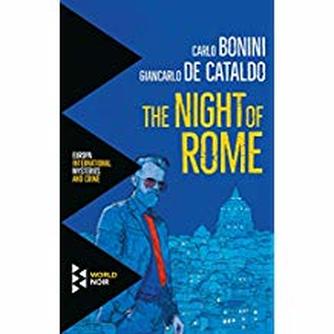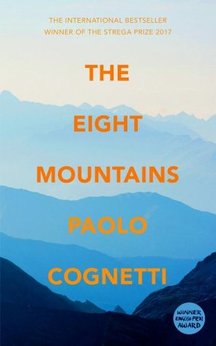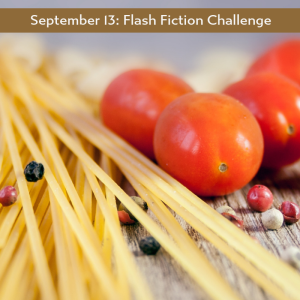The Night of Rome by Carlo Bonini and Giancarlo de Cataldo translated by Anthony Shugaar
As alliances are made and broken, and pawns sacrificed as a warning to the bigger fish in control, Sebastiano seeks out the MP Chiara Visone. But is he seducing her or is she seducing him? And how far will she compromise her principles to achieve her political ambition? As she tells her former mentor and former lover who tries to warn her off (p127):
The city is suffocating. The country is suffocating. When you’re suffocating you don’t really care whether the hand that gives you oxygen is clean or not.
The political thriller is not my usual choice and, having read The Night of Rome, I’m a bit clearer why! Although I thought I was interested in the premise, I found the twists and turns and multiplicity of characters confusing, and the sordid amorality depressing to boot. The style, with adverbs, brand names and women referred to as pussy (although I don’t doubt its authenticity) didn’t suit me either. But I give myself a gold star for reading outside my genre, and another translation too. Thanks to Europa editions for my review copy.
The Eight Mountains by Paolo Cognetti translated by Simon Carnell and Erica Segre
His parents both love the mountains, as they love him, in different ways (p41):
each of us has a favourite altitude in the mountains, a landscape that resembles us, where we feel best.
His mother prefers the woodland, where roe deer hide. His father sheds his anxieties on the snow-capped peaks, unaware of Pietro’s incipient altitude sickness in a mountain refuge (p54):
my father was good at talking but … listening was not his strong point. Nor was paying much attention to me, otherwise he would have noticed how I was feeling: I had struggled to eat, and it would have been better to have nothing, tormented as I now was by nausea … I would have liked more than anything to be in my own bed, and to hear my mother nearby in front of the stove.
In the final summer of his childhood, Pietro looks for his own preferred mountain habitat, with Bruno, whose life now leads in a different direction, and with a group of tourists, rock climbers with whom he feels temporarily at home.
I loved these lyrical early chapters and the subtlety with which the author portrays Pietro’s discovery of difference, between his parents and between himself and his summertime friend. Although at a lower altitude, the father-and-son mountain walks reminded me of the walk in my debut novel, Sugar and Snails.
As with Diana’s story, Pietro’s spans several decades, and we jump ahead in the next section to his early thirties and his father’s death. After more than a decade away, an unexpected legacy takes him back to the mountains to spend another summer with Bruno, labouring to build a refuge from a ruin at the edge of a lake.
Pietro leaves the country for yet higher mountains, making a documentary in Nepal. Bruno, meanwhile, establishes himself as a cheesemaker and starts a family. For a while, the situation seems ideal. But fathers and sons are not so different, it turns out. History has a way of repeating itself, as both young men find.
The Eight Mountains is a lovely story of mountains, masculinity and family relationships with unbridgeable gaps. One of this year’s favourites; thanks to Harvill Secker for my review copy.
| On Friday, when I checked the latest flash fiction prompt, I set aside the novel I was reading to pick up these two with what I thought was a more appropriate setting (a treat to devote more hours to reading than I ordinarily would in the second half of the weekend after a busy first half). Had I known where the prompt would take me, I could have continued with my Madagascar-set read. Although both these novels make a passing reference to pasta, so I’m still on solid ground. |
She snipped off the seal and upended the pack. Closed her eyes as fusilli clattered into the bowl. Paused, shook her head, reached for the rigatoni bag.
An hour later, there was barely room for his coffee cup among the bowls of dried pasta on the kitchen worktop. “Tell me, you’re cooking dinner at six in the morning or you’ve invited a kindergarten class for hands-on play?”
“Isn’t it obvious? I’m researching sound effects for my radio drama next month.”
“You’ve set it in a restaurant? In Italy?”
“A shack in Madagascar. I’m recreating rain on a corrugated-iron roof.”
























 RSS Feed
RSS Feed





















